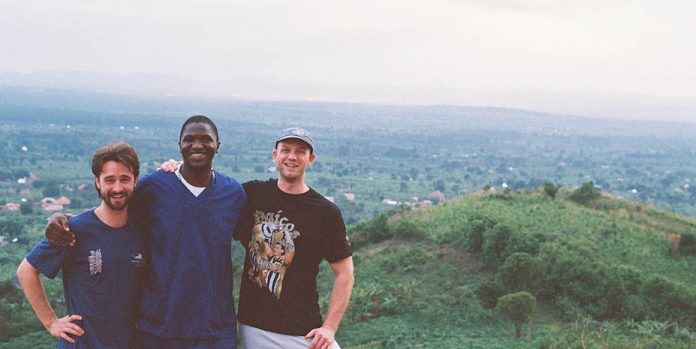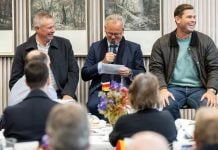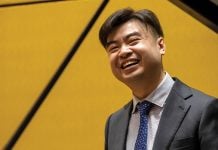When Joe Wackett (OM 2015) first travelled to Uganda as a medical student, he encountered the immense challenges faced by rural communities in having little to no access to medical care.
“We spent time at a small clinic that didn’t even have a local doctor, and saw the real difficulties of practising medicine without resources,” he said.
“That experience stayed with us. We wanted to find a way to help bridge the gap.”
Inspired to make a difference, Joe went on to co-found Mission Mannya, a charity dedicated to delivering vital medical support to some of Uganda’s most underserved regions.
Mission Mannya brings volunteer doctors to isolated communities through coordinated clusters of outreach medical camps. A typical two-week program sees the setting up of temporary clinics, often in school buildings, to provide consultations, treatment and referral pathways. In their second year, the team consulted over 3,000 patients.
Last year, Joe’s commitment was recognised by the Old Melburnians through the Dick Cotton Fellowship; a $5,000 grant to help Mission Mannya expand its reach and impact.
It its first year, the charity was focused on the provision of primary care, diagnosis and prescriptions.
With the support of the Fellowship, Mission Mannya could take its next step.
“We targeted the funds to help people who needed the next stage of treatment. Around 35 to 40 patients were able to be linked in with hospitals and specialist care that otherwise would not have been accessible to them,” Joe said.
Joe describes one boy they met who had lived with a severe bone infection for more than a year, unable to attend school. Identifying him as a critical case, the team was able to arrange his referral and treatment.
He also recalls a young child with a congenital heart defect who was eventually connected to an international cardiac charity and underwent life-saving surgery overseas.
Looking ahead, Joe hopes to expand Mission Mannya’s reach by introducing a continuity of care program.
“It’s one thing to diagnose someone with hypertension during a once-a-year camp. It’s another to make sure they are monitored and supported long-term,” he said.
“We want to fund Ugandan clinicians to provide ongoing care between our major outreach programs.”
Joe credits his time at Melbourne Grammar with shaping his interest in community-focused work.
“The School’s Values in Action programs made a big impression,” he reflected.
“They encouraged us to look beyond ourselves and think about what we can contribute.”
Despite the challenging landscape, Joe remains optimistic about Mission Mannya’s growth.
“We have seen from the numbers, nearly 2,000 patients in our first year and 3,000 the next, that communities trust and value what we do.”
“With continued support, I think we can make a sustainable difference.”



